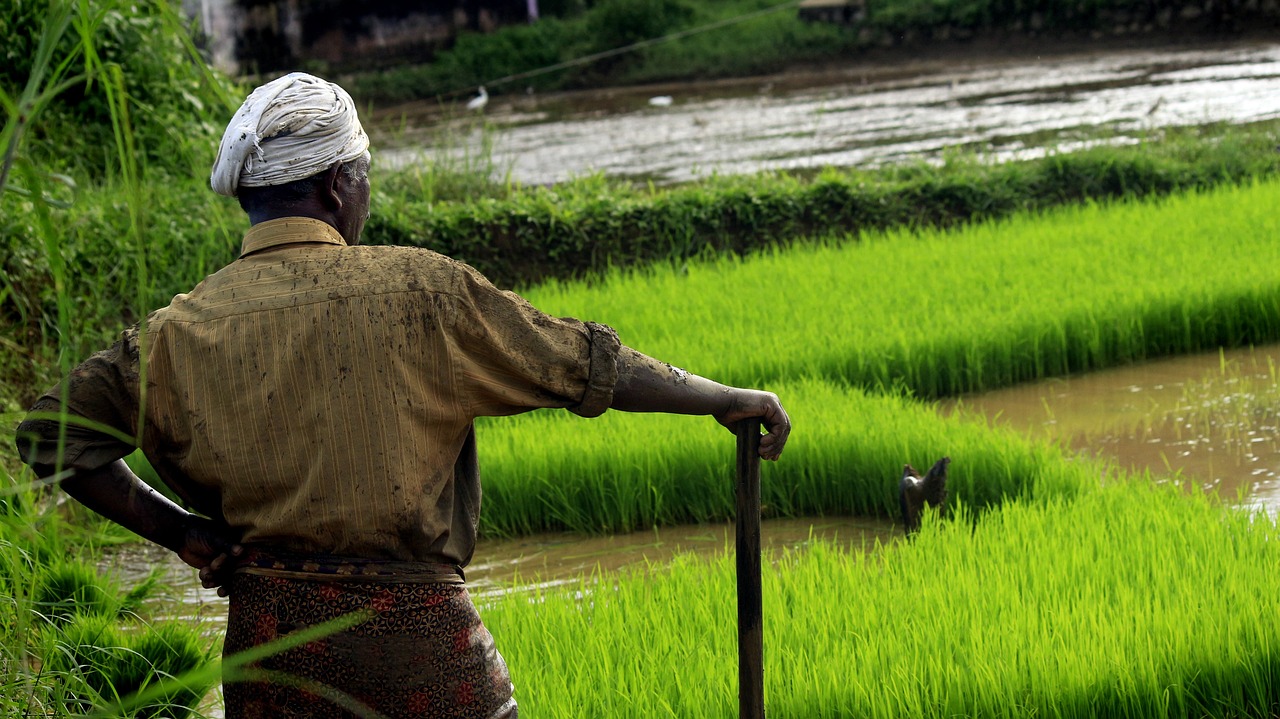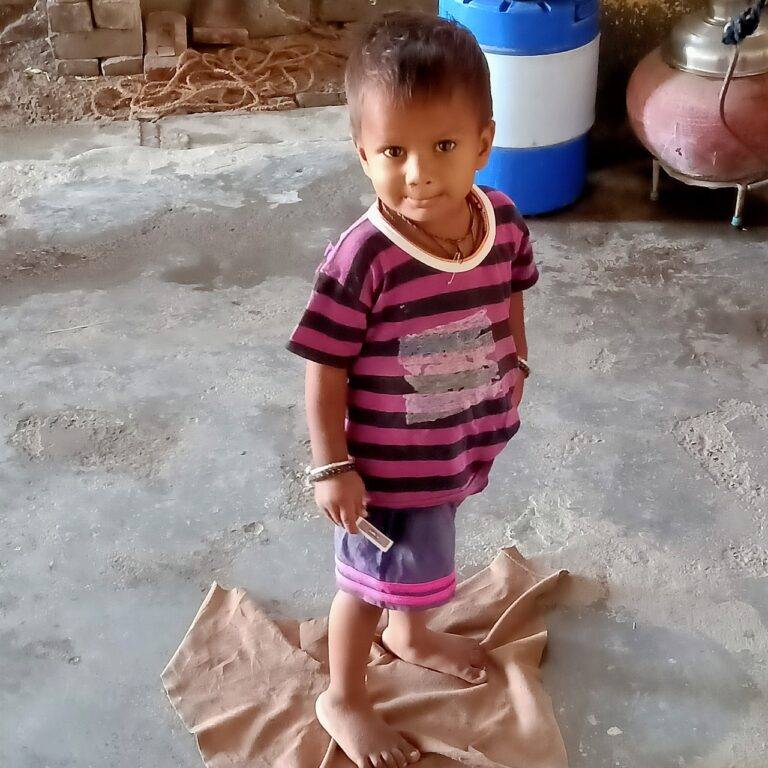Exploring the Role of Gender Equality in Political Representation
Gender equality in political representation is crucial for ensuring that diverse voices are heard and perspectives are considered in decision-making processes. When women are underrepresented in political positions, policies and laws may not fully address the needs and concerns of all members of society. By achieving gender equality in political representation, we can work towards creating a more inclusive and equitable governance system that reflects the population it serves.
The presence of women in politics can also bring to light important issues that may have been overlooked or neglected in the past. Through their lived experiences and unique insights, female leaders have the potential to advocate for policies that promote gender equality, address discrimination, and advance social progress. When women are well-represented in political spheres, it sends a powerful message that everyone deserves a seat at the table and a chance to contribute to shaping the future of their communities and nations.
Historical Challenges Faced by Women in Politics
Throughout history, women have encountered numerous obstacles when seeking a place in the political arena. Long-held societal norms and beliefs often relegated women to the private sphere, limiting their opportunities to participate in the public sphere. The lack of access to education and exclusion from political institutions further marginalized women, making it difficult for them to assert their voices and influence in decision-making processes.
Additionally, discriminatory laws and practices prevented women from holding positions of power and authority in politics. Societal expectations confined women to traditional roles as caregivers and homemakers, undermining their credibility and capability to engage in politics. The prevailing patriarchal system perpetuated unequal power dynamics, hindering women from actively participating in political activities and shaping policies that affect their lives.
• Women were often relegated to the private sphere, limiting their opportunities in politics
• Lack of access to education and exclusion from political institutions marginalized women
• Discriminatory laws and societal expectations prevented women from holding positions of power in politics
• Patriarchal system perpetuated unequal power dynamics, hindering women from actively participating in political activities
Current Status of Gender Equality in Political Representation
Despite progress being made towards gender equality in political representation, disparities still exist in many parts of the world. Women continue to be underrepresented in political leadership roles, with many countries still lagging behind in achieving equal representation. This lack of gender balance not only hinders the full participation of women in decision-making processes but also reflects systemic barriers that need to be addressed.
Furthermore, cultural norms and societal expectations often serve as obstacles for women seeking positions of power in politics. Gender stereotypes and biases can affect the way female politicians are perceived and can impact their ability to effectively lead. To achieve true gender equality in political representation, it is essential to address these deep-rooted issues and implement policies that promote diversity and inclusivity in all levels of government.
Why is gender equality in political representation important?
Gender equality in political representation is important because it ensures that diverse perspectives and experiences are represented in decision-making processes. It promotes fairness, democracy, and social justice.
What are some historical challenges faced by women in politics?
Historically, women have faced challenges such as discrimination, limited access to education and resources, lack of support from political parties, and societal expectations about gender roles.
What is the current status of gender equality in political representation?
While progress has been made in recent years, there is still a significant gender gap in political representation. Women are underrepresented in political leadership positions around the world, facing barriers such as sexism, harassment, and unequal access to resources.







